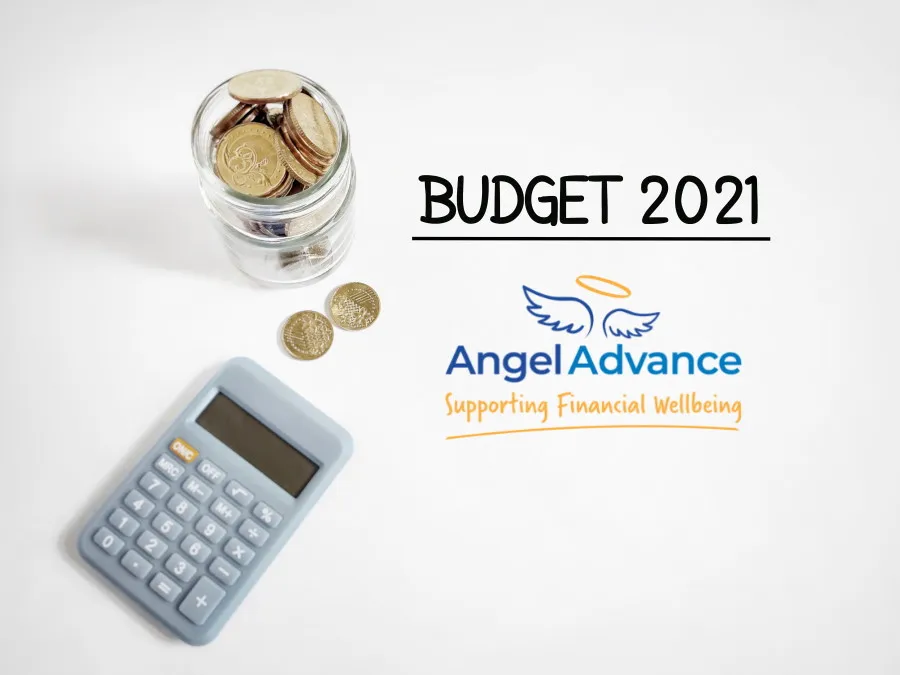Many of us have relied on the government support offered throughout the pandemic in 2020 and now 2021.
Wednesday’s Budget outlined the support that The Chancellor or the Exchequer and government will offer for the coming months. Our article on Wednesday highlighted the key take-home facts, but for the majority, it’s the furlough scheme and universal credit increase extension that will matter most.
Universal Credit increase will continue for a further 6 months
Government statistics show that as of January 2021, there were 6 million people receiving Universal Credit, which is a 98% increase on March 2020. If you’re one of those millions, you’ll continue to receive the £20 per week increase currently provided by the government.
The £20 per week uplift was due to end on 6th April 2021, but it appears that the new roadmap announced by Prime Minister Boris Johnson increased the need for the uplift to continue, with it now confirmed until the end of September 2021.
Whether you’re a new or existing Universal Credit claimant, you’ll qualify for the uplift.
There’s also some good news for Self Employed Universal Credit claimants. The ‘minimum income floor’ suspension has been extended until August 2021. This means that rather than your income being assumed as around minimum wage, when you may receive less, you’ll be assessed on your actual income (if it falls below minimum wage), so you should get more support.
Furlough has been extended until September 2021
Furlough, or the Coronavirus Job Retention Scheme has been a focal point of the government support offered throughout the pandemic. In short, it covers most of your wages if you’re in an industry that can’t work due to restrictions, usually 80% (up to £2,500 per month), unless your employer decides to top it up.
The scheme will continue, but as the months go by, companies will be required to increase their contributions. From July, the government will pay 70% and employers will be expected to pay the additional 10%. From August, employers will be expected to cover 20%, and the government the other 60%.
Some companies have utilised the option to flexibly furlough their staff, which involves staff working part time and receiving full pay for those hours, and furlough pay for any other hours not worked.
If you’re struggling with debts due to the Coronavirus Pandemic, there is help available. Speak to one of our expert debt advisors in complete confidence today. We can offer online debt advice, debt advice via telephone on 01925 599400 or live chat.


